|
“Thanks be to God for his indescribable gift!” (2 Corinthians 9:15) With grateful hearts, we rejoice in the opportunity to engage staff and students in Eucharistic Adoration in Calgary Catholic School District high schools. Through the collaborative effort of local clergy and high school principals and chaplains, over 45 hours of Eucharistic Adoration for vocations was hosted in high school chapels, the Cathedral and Central Office between February 26 to March 6, 2024. Eleven high schools committed to offering four hours of adoration and engaged participants in private and collective prayer, reflection on scripture, music, and silence. In one case, local parishioners joined the school community in prayer before the Blessed Sacrament, and in another, a Eucharistic procession took place throughout the school. This time of prayer and adoration exalted the greatness of our Lord, helped deepen participants' understanding of God’s call to vocation, strengthened the bond between parish and school communities, and created a desire in staff and students for more opportunities to engage in Eucharistic Adoration. Together, let us continue to pray for hearts and minds open to the voice of God and the grace to faithfully follow his call. Of all devotions, that of adoring Jesus in the Blessed Sacrament is the greatest after the sacraments, the one dearest to God and the one most helpful to us." ~Saint Alphonsus Liguori Contributor: Michelle Hoogveld, Calgary Catholic School District
Photos courtesy of Calgary Catholic School District
0 Comments
Dear Brothers and Sisters in Christ,
In preparation for the upcoming provincial election, the Catholic Bishops of Alberta wish to encourage all members of the Church to engage in the electoral process. By means of this letter, we offer to our Catholic faithful a reminder of important principles and concerns, which stem from the social doctrine of the Church, to guide the discernment of choices that accord with the Gospel’s vision for the right ordering of society.
Please join with us in prayer for those elected to public office. They are assuming a heavy responsibility, often at great personal sacrifice. May they be granted the strength and wisdom to govern in accord with the precept of charity in service of the life and well-being of everyone. Yours sincerely in Christ, Catholic Bishops of Alberta Most Reverend Richard W. Smith, Archbishop of Edmonton Most Reverend William McGrattan, Bishop of Calgary Most Reverend Gary Franken, Bishop of St. Paul Most Reverend Gerard Pettipas CSsR, Archbishop of Grouard-McLennan Most Reverend David Motiuk, Bishop of the Ukrainian Eparchy of Edmonton  Sr. Madeleine Gregg, fcJ Sr. Madeleine Gregg, fcJ This is a story of how a chance meeting changed the trajectory of my faith journey. We are all on a faith journey, whether you believe you are or not. I had always felt ‘Catholic’ because I had attended Catholic elementary and high school in Saskatchewan but going through RCIA as a 19-year-old confirmed me in my faith and invited me to participate in a formalized way. When I became a teacher with the Calgary Catholic School District, my faith practices were supported by the district’s expectation that teachers attend church regularly. Later, when I became an administrator, I felt a keen responsibility to be the faith leader in my building. I was in a groove with my faith journey (maybe the groove was actually a rut!); I was comfortable where I was. I attended church regularly and served in a variety of roles in my parish. I was not looking for or expecting a faith trajectory change. Then I met Sister Madeleine Gregg, FCJ. I met Sr. Madeleine within the first week that she moved to Calgary in 2015 to work at the FCJ Retreat Centre. Sr. Madeleine is a Faithful Companion of Jesus and had moved from Tuscaloosa, Alabama where she had lived and worked for the previous 22 years. Dr. Gregg, as she was known to her students at the University of Alabama (Roll Tide!), taught in the Multiple Abilities Program where she guided pre-service teachers to reach their full potential in working with diverse learners. Sister Madeleine had a fulfilling career in higher education. She published more than 40 scholarly articles, many of which won awards from various organizations. Her latest (and greatest) publication is a children’s picture book. It tells about the youthful experience of the foundress of her congregation, Marie Madeleine d’Houet and what she learned by being sent to time-out when she was naughty. In the past five years, the people working at the FCJ Centre have reinvigorated it and are working hard to make known what they offer. Sessions aimed at spiritual growth, themed retreats and prayer experiences, on-line work, Spiritual Directors training, opportunities to make a retreat based on the Spiritual Exercises of St. Ignatius of Loyola, and many other initiatives keep the place hopping. My faith journey continued on an upward path, greatly aided by Sr. Madeleine, who suggested I make a specially designed retreat, called ‘Jumpstart Your Prayer Life’ silent retreat. I was really nervous about doing a silent retreat and was sure I wouldn’t be able to keep from talking for an entire weekend. But I did keep quiet except when I was sharing the results of my prayer with Sr. Madeleine. I loved it! At a different time, the ‘Take a Break’ silent retreat was an enlightening experience, filled with Sr. Madeleine’s suggestions for scripture reading. Recently, I made another silent weekend retreat, under the direction of Sr. Ann Marie Walsh, also an FCJ Sister who works at the Centre. Retreats are special times. In between, additional work in spiritual direction has also been a source of knowledge and growth in faith. In these sessions, I can explore my actual beliefs and really think about how I am integrating my faith with my life. Spiritual direction is another regular practice that helps me unravel the word of God. It is hard work to stay in my inner world and sort out what I really believe from what I think I believe. From my chance meeting with Sr. Madeleine in an elevator as we traveled one story of the Telus Convention Centre at the District Opening Mass, to now where a cherished friendship exists, it has been a pleasure to learn and work with her. As a principal in the Calgary Catholic School District, I have had opportunities to be shaped by her teaching at school as she visited and taught students about a variety of faith-formation topics. Special times have also been shared at my cabin in Invermere, sometimes on retreat and sometimes filled with jelly making and flower-bed transplanting. To say that Sr. Madeleine has changed my life is an understatement. She is faith-filled, inspiring, and energetic. As a convert to Catholicism herself, her personal testimony is awe-inspiring and her faith in God is unwavering. Being in her presence has ignited a spark in me to develop a faith more like hers and to share it with others. Thanks be to God!
The vocation to teach is a great gift. To authentically live one’s faith life in a Catholic School unleashes the power of the Holy Spirit, drawing those who are searching, those who are yearning to grow toward God together. Being a witness to the mighty power of the Spirit I can testify to the fact that the Spirit is moving in our schools. I have been blessed to minister to the children through weekly gatherings in our gym under the auspices of “Hymn Sing” – a time of preparation for our school liturgical life – through song, scripture, and prayer. The tiny seeds that are sown grow in places and in ways that are surprising and lovely to behold. It was after a long weekend that a grade 3 student came running toward me in the hallway one bright Monday morning. “Mme, I have to talk to you. I had a dream last night and God wants us to have a Jesus Club at our school. I know that I love Jesus and I know that there are other kids who love Jesus too, but Mme, I don’t know who they are! We need to have a place, we need to have a time where we can find those kids and talk about this. Can you help?” This was the beginning of our school’s Jesus Club – an idea inspired by the Holy Spirit through the enthusiasm and energy of a child who wished to live her faith authentically. Throughout that school year, 108 students, one third of our school’s population, journeyed through our lunchtime Jesus Club, growing through scripture, prayer and games to walk more closely with Our Lord. 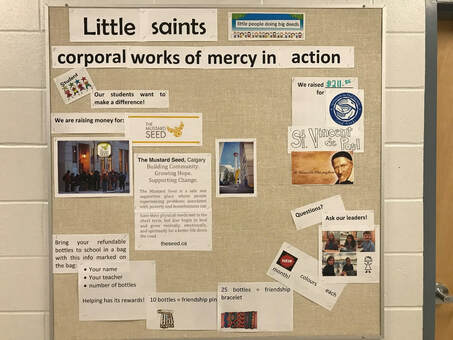 The following school year we began, through our Hymn Sing time, to explore how to live the corporal works of mercy as a response to that year’s faith theme “Knock and the door will be opened.” The call for us to care for the needs of the poor, the need of the sick, the needs of those who are enslaved resonated deeply with the students, especially with one boy. An idea began brewing within him. A call to action soon followed. He harnessed the energy and enthusiasm of 5 of his school mates, and they formed “Little Saints: the corporal works of mercy in action”. These children championed one bottle drive each month to raise money for the St. Vincent de Paul Society, the Mustard Seed, and Feed the Hungry before COVID closed our schools last year. Through their promotion of each bottle drive, they spoke to the student body, made posters, counted, and sorted bottles and made hundreds of friendship pins and bracelets as rewards for participants. These children who receive the Word with such loving fervor are examples to us all. They are the fertile ground on which the good seed falls and bears fruit. Their openness to the power of the Holy Spirit inspires their actions and forming tomorrow’s leaders. I am privileged to work with children every day in our Catholic schools. Their enthusiasm serves to inspire us to become like little children who receive the Word wholeheartedly and run with abandon into the vineyard of the Lord – helping His Kingdom come.
For students in our Catholic schools, Shrove Tuesday heralds the coming of Lent. This year, however, for many schools, there were no pancakes prepared by staff or community volunteers. The pancake breakfast, a tradition beloved by students and staff, like so many other community celebrations, have been impacted by COVID-19. This includes Ash Wednesday. Inherent to our Ash Wednesday ritual are the words spoken at the tracing of the cross on our forehead: “Turn away from sin and be faithful to the Gospel.” This year, within schools, there were no words spoken, nor a cross traced upon the forehead. Instead, a reverent silence was observed as our chaplains sprinkled ashes upon our heads. This was different from our normal experience of receiving the blessed ashes. Seeing the cross of ashes on the foreheads of friends and school staff is always intriguing for students and for others in the wider community who often ask what the mark means. We might say something to the effect of: “The blessed ashes remind us that we are marked by God and demonstrates to others that we are committing to change, a conversion of heart, in preparation for Easter.” This year, however, there were no casual inquiries about ashes upon foreheads. Again, this is one of the effects of the pandemic. We understand that the experience of some students and staff in terms of our faith celebrations, many relegated to online experiences, are not as we have been accustomed. There is, however, consistency in our Ash Wednesday scriptures. This steadfastness of the Word is important especially during these times of change. The readings we experience on Ash Wednesday help our students and staff understand that we all have a need for repentance and that “God is gracious and merciful, slow to anger, and rich in kindness” (Joel 2:13). St. Paul reminds us that the world sees the presence of Christ in the way we act (2 Corinthians 5:20-6:1). This is central to the Catholic school whereby through action and word, and the example of Christ, students are inspired to learn and are prepared to live fully and to serve God in one another. Finally, in Matthew’s Gospel, Jesus reminds us that almsgiving, prayer, and fasting are to be conducted humbly. These actions are inherent in our personal Lenten journey. Although the pandemic has changed many of the routines in our schools and impacted how we perform our rituals, we know that our faith traditions and the gift of Catholic Education give us resiliency and the hope to persevere in times of challenge. We are each called to bear witness to Jesus who models the necessity to walk humbly with God and with each other towards the renewal, hope, and transformation that culminates in Easter. Lent invites us to journey through the desert of our sin to the foot of the cross and ultimately, to share in the light of the resurrection of Jesus. We are, after all, Easter people. That will not change!
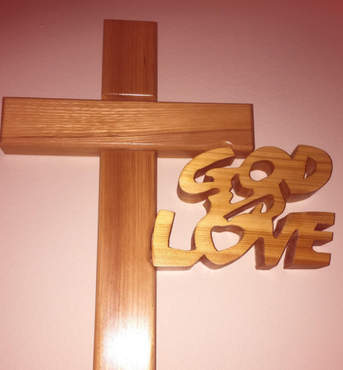 Cross crafted by St. Michel's Parishioner Cross crafted by St. Michel's Parishioner Several years have passed since Fr. Mike (Catfish) Mireau was the parish priest at St. Michael Church, Leduc. This was his first parish and he was `superhero` ready to shepherd when he arrived in 2004. He was super quick witted and passionate! His homilies at times were stand-up comedy linked to pop culture and Star Wars that brought a wide-eyed look from some. After the laughs, he purposefully led back to the gospel message, touching our hearts and always ending with `God is Love`(1 John 4:8). Fr. Mike was a brilliant academic, excellent communicator and wonderful story-teller. On the topic of perseverance he related it to changing the alternator on his Hyundai and described it with great fun, detail and agonizing strain! Fr. Mike captured the hearts of students at our Catholic Schools here in Leduc. He professed his support of Catholic education as often as he could – he reminded parents during the baptism of their child the importance of educating their children through a Catholic school. I was so grateful to him for making this claim and reminding us all that Catholic schools are an extension of the parish and contribute to the mission of the church. Because of his easy connection to young people he spent a lot of time at the schools. Mass at all schools was a big commitment but when he committed to regular confession times, the commitment could be for many hours. He offered confession at Christ the King Jr/Sr High School in Leduc as often as he could. Confession time was connection time, Fr. Mike was easy to talk to – his heart knew their struggles. Fr. Mike was ahead of his time in using social media. He used it to teach and share the Catholic faith. His website http://fathercatfish.com/ has so many resources; videos, homilies, many interesting papers - `History of the Entire Universe` and `God is Love` - M.Div. Synthesis 2001, – excellent for families, Catholic school teachers and students! He spoke openly about his cancer and documented it on his site. After his passing our parish and school communities honoured him in different ways. A student initiated a park bench in his memory which is situated near the church overlooking Telford Lake. At Christ the King School families support an annual monetary award with a beautifully carved cross to a student who demonstrates Fr. Mike`s virtue of strong faith and staying true to one`s self, especially when it is difficult and lonely. At Fr. Leduc Catholic School, the school motto is `God is Love`. Our Catholic schools are forever grateful to parish priests who accompany students and meet them where they are at – these are God moments. We know grace will take care of the rest and students will draw on their Catholic education experience, recognizing the love of Christ in their own faith journey. ========== Written by: Michelle Lamer, trustee for STAR Catholic School District While I have spent most of my teaching career in Catholic Education systems in Saskatchewan and Alberta, I did not grow up attending Catholic schools. I was one of those people who didn’t discover that sense of “it just feels different” in a Catholic school until I began my teaching career at Father Gorman School in Lloydminster. Now don’t get me wrong – I had a wonderful upbringing in rural Saskatchewan. My little school was not a Catholic school but I loved it with all my heart. And the truth is, I always felt I was “very Catholic” based on my connection with our little church, St. Mary’s. Many of my memories of growing up are tied to that church. We attended Sunday Mass and gathered for fall suppers, wedding receptions, and potlucks after the celebration of First Communion and Confirmation. While I always proudly identified myself as a Catholic, I can see now that I basically grew up as a “Sunday Catholic.” Going to Mass was non-negotiable and my mom and dad saw to it that all of my siblings and I received all of our Sacraments. I said my nighttime prayers and we had books about Jesus in our home, along with a crucifix and religious statues. Beyond that though, I don’t remember thinking a lot about my faith on a daily basis. 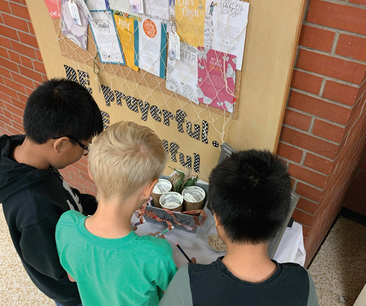 St. Francis Junior High has a prayer wall where staff, students, and parents can offer a prayer of petition, blessing, intercession, or thanksgiving. Many also take the time to read the prayers and reflections that others have offered. St. Francis Junior High has a prayer wall where staff, students, and parents can offer a prayer of petition, blessing, intercession, or thanksgiving. Many also take the time to read the prayers and reflections that others have offered. My first taste of Catholic Education came in 1986 when I started my teaching career and I quickly “got it.” For children who are blessed to go to Catholic schools, they are immersed in their faith every day. I learned how blessed my students were to be able to pray together every day. They got to know God more deeply because we could read the Word of God together. My students learned to serve their brothers and sisters through acts of social service and social justice. Perhaps most importantly, they had the opportunity to celebrate the Eucharist at our school Masses. These experiences, and so many more, happen in every Catholic school in Alberta. In our Catholic schools today, our students are not living a “Sunday Catholic” kind of life. They are learning to know our faith deeply and they live their faith every single day. I can think of no better description of what is happening in our Catholic schools than with the words from the Gospel of Matthew. “You are the light of the world. A city built on a hill cannot be hidden. No one after lighting a lamp puts it under the bushel basket, but on the lampstand, and it gives light to all in the house. In the same way, let your light shine before human beings, so that they may see your good works and give glory to your Father in heaven.” Our students are the light – they are shining brightly every day, not just on Sundays, because of the good and holy work that is happening in our Catholic schools. I am proud to be part of the story. Written by Joann Bartley, Director of Religious Education
Holy Spirit Catholic School Division Then, after three days they found Him in the temple, sitting in the midst of the teachers, both listening to them and asking them questions. Luke 2:46 Of all the stained-glass windows we have at St. Mary’s University here in Calgary my favourite may well be an image of the Christ child with the ‘doctors’ of the temple (Luke 2:41-52) which is installed in our Library, St. Basil’s Hall. As a youngster this was always among my preferred stories, both because it showed a 12-year-old Jesus going off on his own, stressing out his parents the way I always did mine, and then having an impact, intellectually, with adults. It was more than that, of course, but back then, as a child, I was struck by the confirmation that kids might have a place in the greater scheme of things, and that even though we didn’t have the power of Divine inspiration, God could speak through a young person on matters of importance. Young people mattered, and they had a voice. Clearly, the depth of the liturgical moment was lost on me, and there is so much else to understand about this passage of the Bible. But my childhood delight in this story wasn’t completely wrong either. And it’s especially relevant in the context of Education. Jesus is listening to the elders of the church, but also asking questions, even advancing new knowledge. Here is Jesus boldly interrogating the established tradition and communicating deep truths in a context where he was unquestionably underestimated. This in an environment where he would normally be dismissed, taken for granted or expected to be silent. I would like to think that, despite his divinity, it took courage and incredible self-belief to do what he did. There is another important aspect of this lovely story. In re-reading Luke, we can see that the child Jesus is in conversation with the rabbis. Here is the Christ child initiating what we might now call a Socratic dialogue. And here are the rabbis modeling good teaching, listening to and valuing the opinions of the child. Here, more than ever is a powerful story that teachers can and must remember to learn from their charges — that learning is a two-way street. In a speech to our in-coming Education students, I used this example to frame their anticipated journey. I discussed the extraordinary gift that their future profession lays out for them, but one that will not be without its challenges and hurdles. I noted that there would be days when they would feel entirely unprepared for what they had to do, ‘when you will feel more like a cop than a teacher, an exhausted guardian rather than an inspired motivator.’ But the reality is that the work they will be doing if it’s fed from the heart, has the potential to transform and uplift like few other professions in this world. Their students will represent all aspects of society, and they will need love, inspiration, discipline, and humour. The students may feign disinterest while secretly marvelling at the world the teachers are opening up for them — even though they might not be able to tell them that in the moment because it wouldn’t be cool. They will find, as I did, that the letters of thanks come years, sometimes even decades later, by students who were inspired by them, but who have only just put the pieces together. The reality, of course, is that prospective student teachers need to be prepared for the classroom, mind, body and spirit. They need to have real-world experience, but also a wide context to understand the diversity of experience that they will face. It is the job of a university to do just that: to offer depth and breadth, context and meaning, the chance to succeed and even at times to fail. Of all things, perhaps compassion is the most important thing for all teachers to take into their classrooms because we live now, more than ever, in a wounded world. As a consequence of this preparation, though, when they go out into the real world they will be amazing: in their knowledge, in their passion for ideas, and in what they are prepared to give back to their students and their community. It will be important for them to identify some strong role models early on so that they have a base of reference — especially when the going gets tough. And to my mind, there can be no role model more inspirational than the child in that stained-glass window. When our new teachers do get into the classroom, they should do what Jesus did in his: speak truth to power; challenge established ideas; understand the rules but not follow them blindly and inflexibly; and inspire people to look at the world through a different lens, with heart, with passion and with commitment. If they do that, their success is guaranteed. By: Dr. Gerry Turcotte, President & Vice-Chancellor of St. Mary's University
|
Author
Catholic Pastoral Centre Staff and Guest Writers Archives
July 2024
Categories
All
|
|||||||||||||||||||||
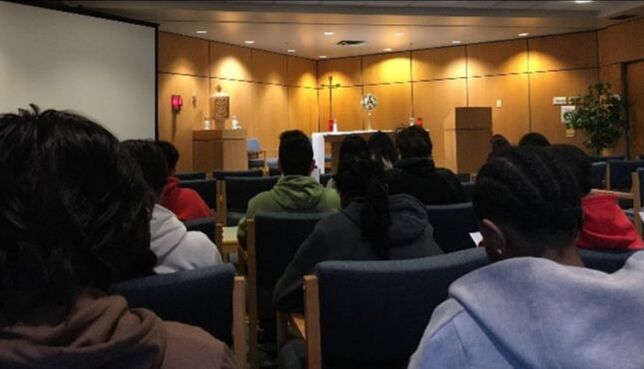
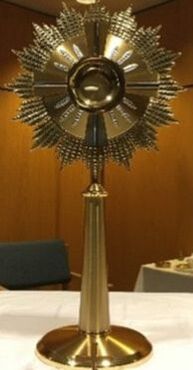
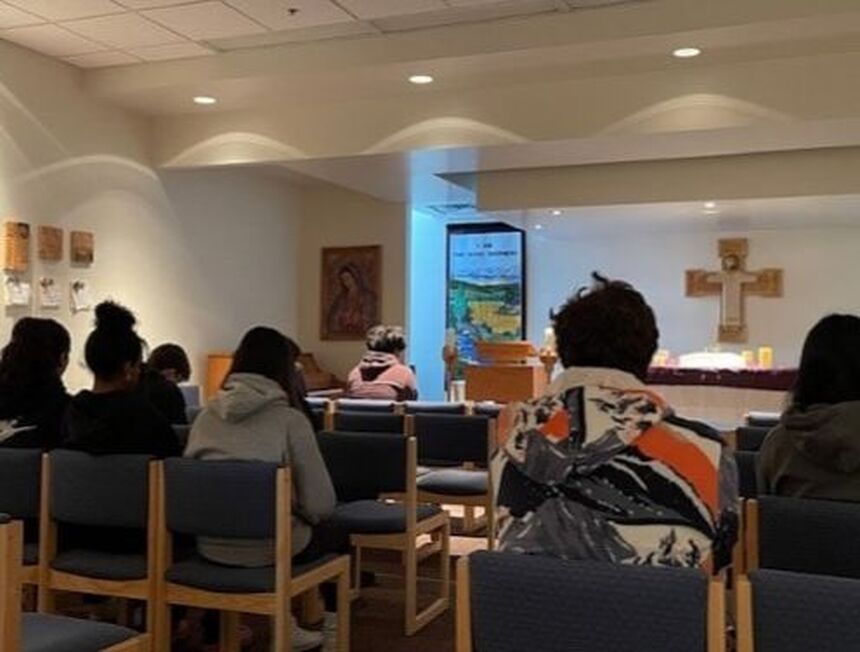
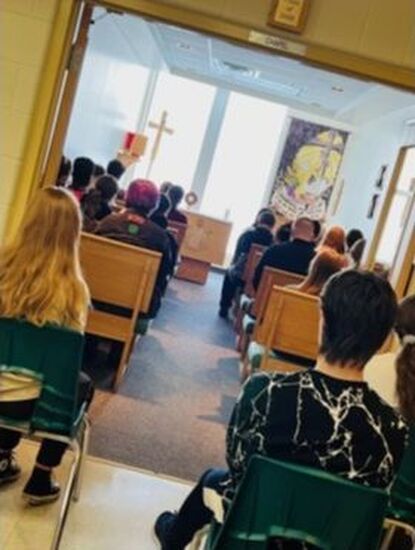
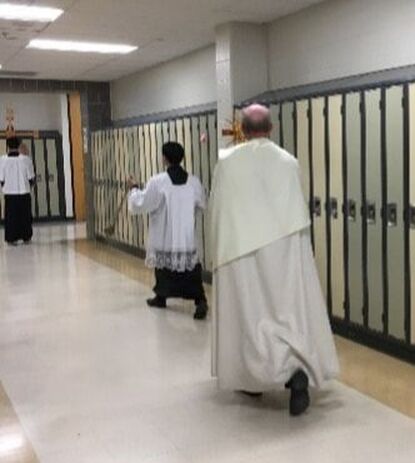
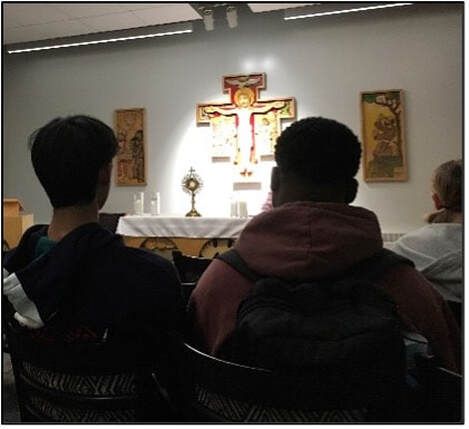
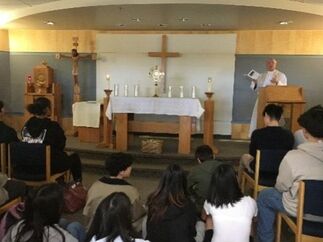
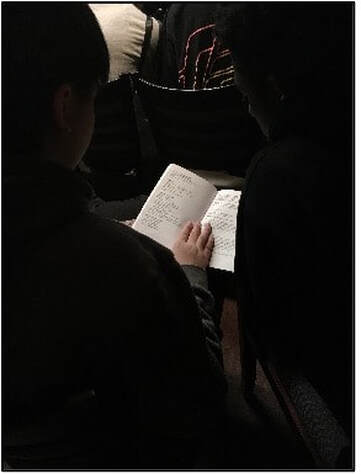
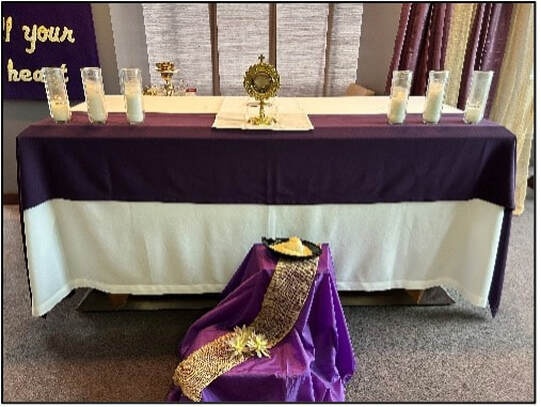

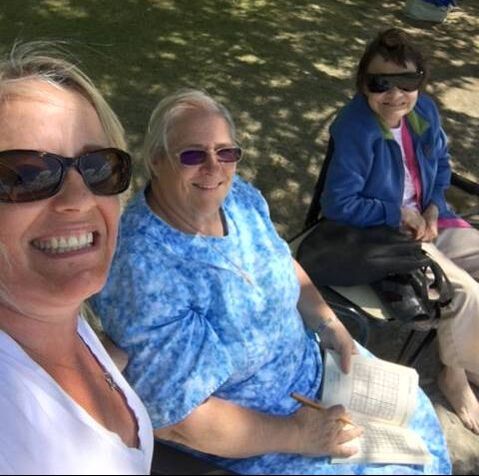

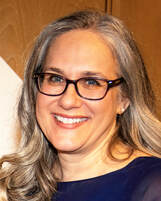

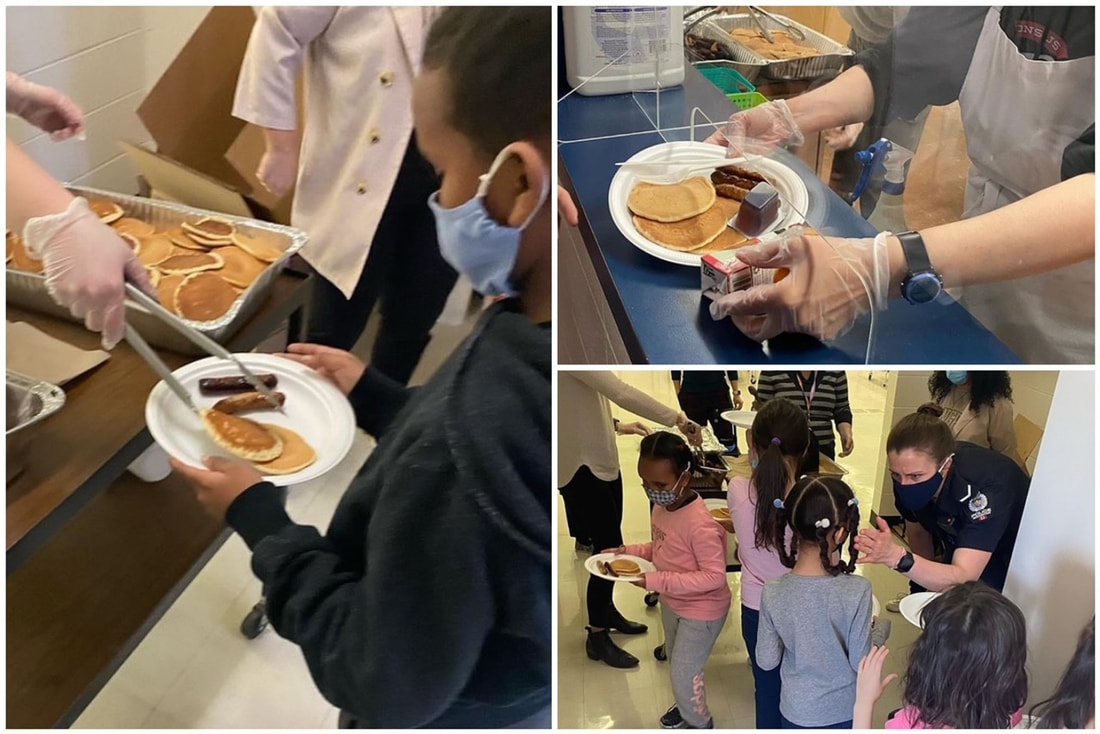
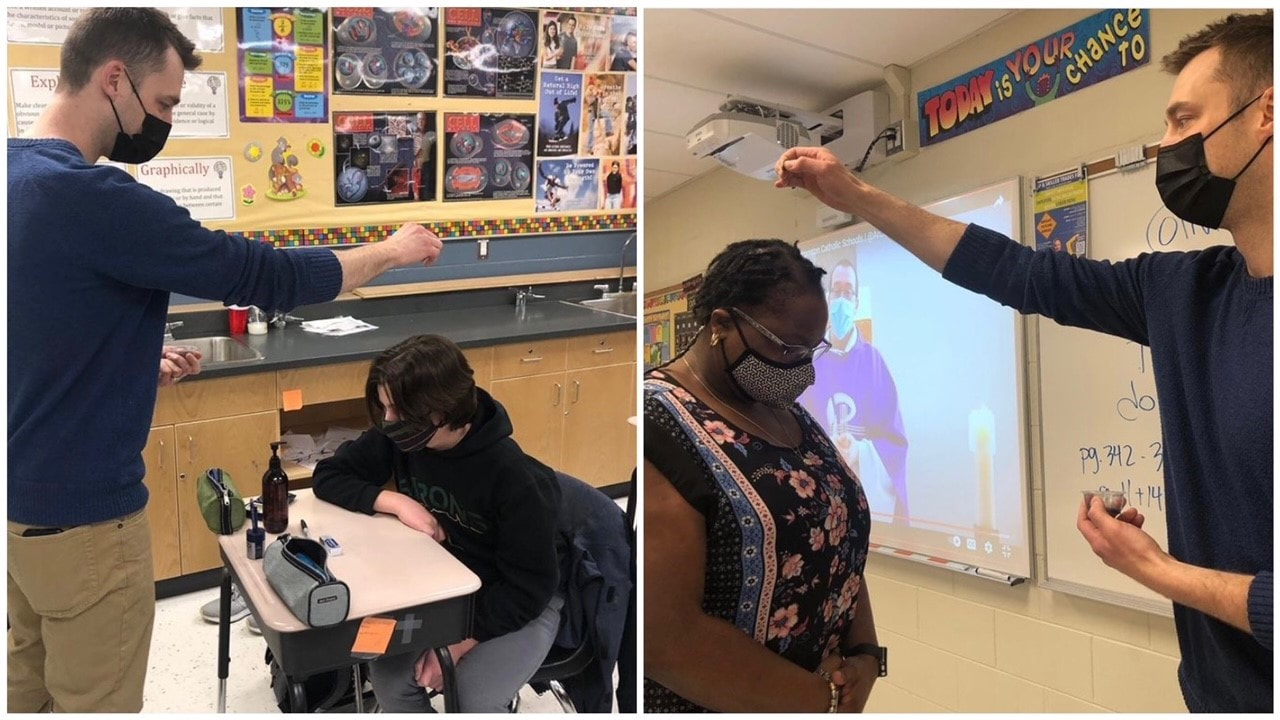
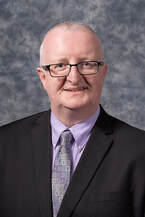
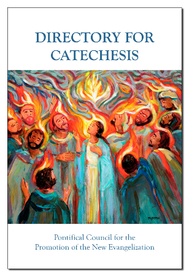
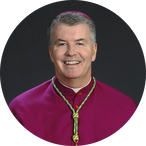

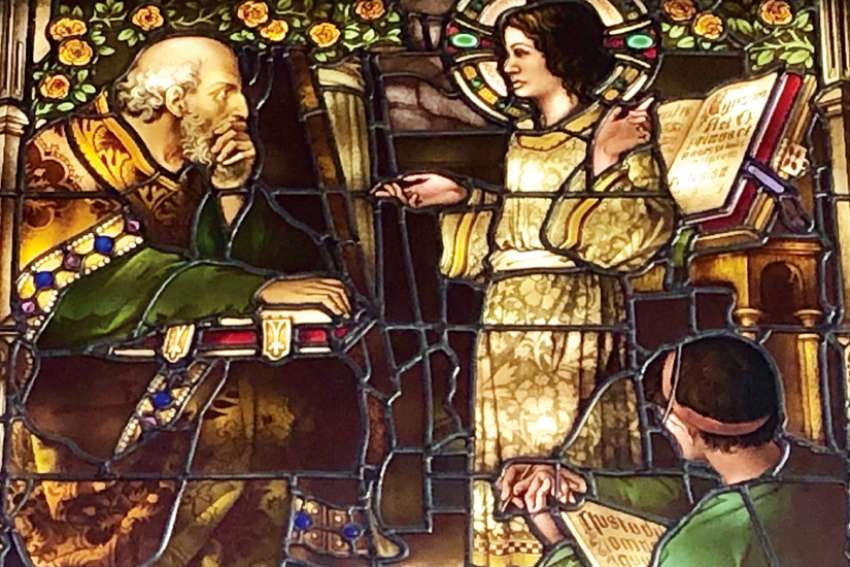
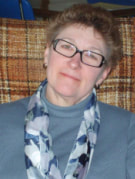
 RSS Feed
RSS Feed